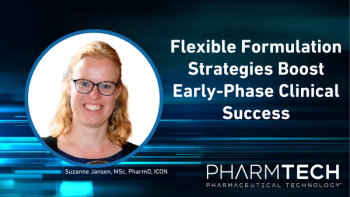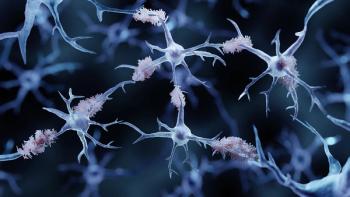
NIH Funds Tissue Chip for Drug Screening
NIH continues funding for tissue chips to be used in the development of therapeutics.
The National Institutes of Health (NIH) has announced that it will award funding for the next phase of its Tissue Chip for Drug Screening program. The program was developed to find ways of predicting drug safety and effectiveness. Over a span of three years, researchers will collaborate to refine existing 3-D human tissue chips and combine them into an integrated system that can mimic the complex functions of the human body. NIH’s Tissue Chip for Drug Screening initiative, a five-year program, was launched in fiscal year 2012 and is a collaboration between NIH, Defense Advanced Research Projects Agency (DARPA), and FDA. The program is led by the National Center for Advancing Translational Sciences (NCATS) and supports 11 institutions.
Tissue chip systems closely mimic human function, allowing scientists to probe the tissue chips in ways that they aren’t able to do in people. NIH hopes that the knowledge gained from the program may provide clues to disease progression that may enable the development of potential therapeutics. The human tissue chips are created using techniques that result in miniature models of living organ tissues on transparent microchips. According to NIH, the chips range in size from a quarter to a house key, are lined with living cells, and replicate the biological functions of specific organs.
“The development of tissue chips is a remarkable marriage of biology and engineering, and has the potential to transform preclinical testing of candidate treatments, providing valuable tools for biomedical research,” said NIH Director Francis S. Collins, M.D., PhD, in a
“NCATS aims to get more treatments to more patients more efficiently,” said NCATS Director Christopher P. Austin, M.D. “That is exactly why we are supporting the development of human tissue chip technology, which could be revolutionary in providing a faster, more cost-effective way of predicting the failure or success of drugs prior to investing in human clinical trials.”
Researchers in the program have already developed individual human tissue chips for the heart, liver, blood-brain barrier, blood vessels, kidney, gastrointestinal system, nervous system, adipose (fat), and models of tumors and metastasis. The chips have demonstrated organ functionality, mimicked human biological responses, and generated more accurate data than conventional cell and animal testing methods. According to NIH, the integration of chips into a human-like system will enable the real-time measurement of the effects of a drug within and across various organs and tissues.
Source:
Newsletter
Get the essential updates shaping the future of pharma manufacturing and compliance—subscribe today to Pharmaceutical Technology and never miss a breakthrough.




